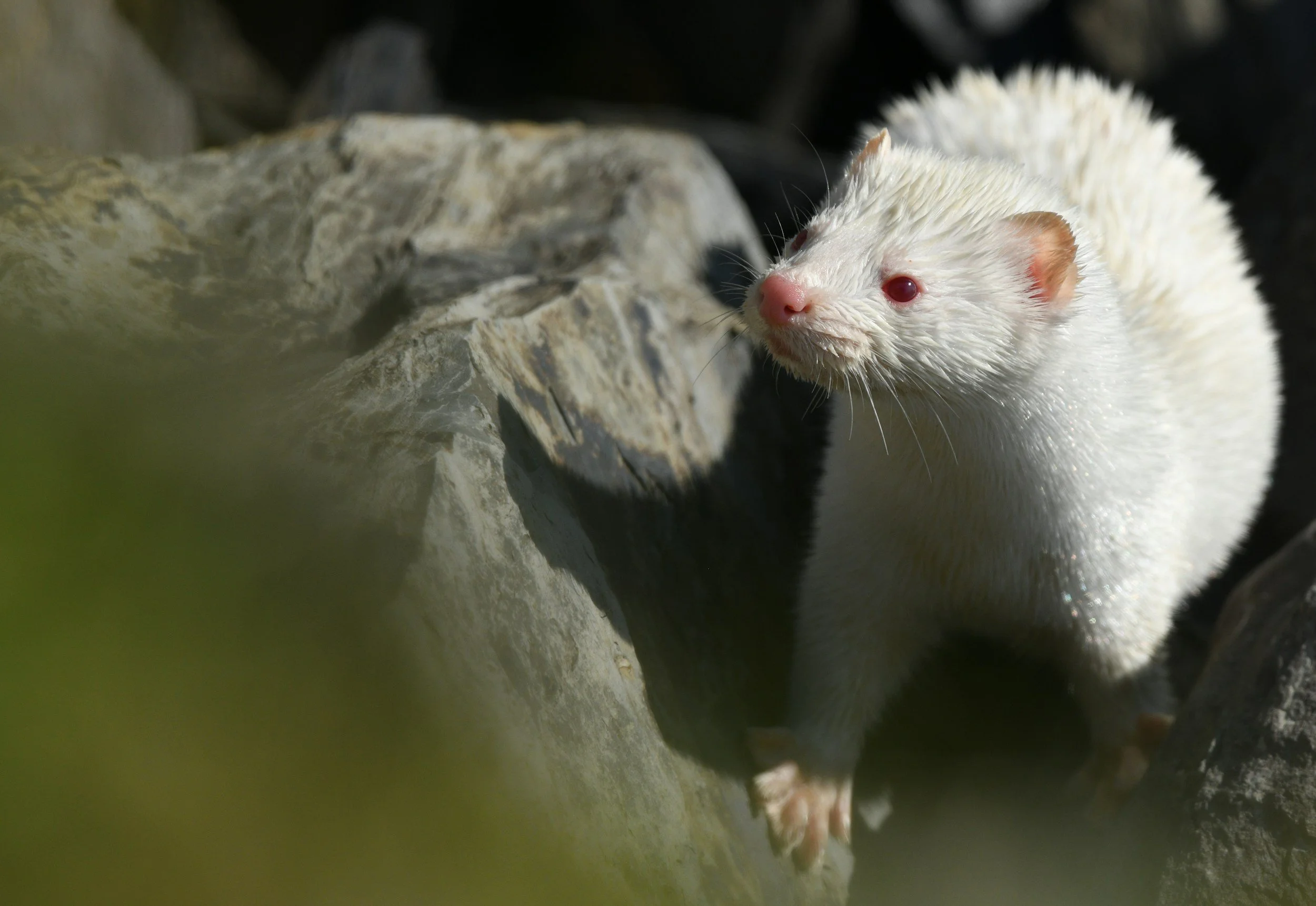Whole Foods Customers ‘Misled’ Over Animal Welfare Labels
The retailer is among those accused of ‘humane washing’ its meat products, as study finds high-welfare labels don’t require farmed animals to have access to the outdoors and allow farmed animals to undergo genetic modification and suffer physical mutilations.
Whole Foods Market is among the retailers accused of misleading customers with ‘high-welfare’ labels on meat products, as a new study suggests welfare certificates are ‘humane washing’ the meat industry.
Labels by The Global Animal Partnership (GAP) are used to certify meat at Whole Foods Market and reassure customers of the welfare of farmed animals.
However, the GAP label has been accused of confusing and misleading customers into believing that their labels indicate better welfare practices than they actually do.
Whilst GAP is the largest independent animal welfare certification in the U.S., its criteria allow for controversial farming methods that have been criticized by many animal welfare groups. These criteria include:
The vast majority of animals raised under GAP are not required to have outdoor access.
GAP allows genetic modification for fast-growing birds, forcing the animals to grow unnaturally quicker.
GAP allows some mutilations, like burning off calves’ horn buds, destroying turkeys’ toenail beds with microwave radiation, and cutting off the tips of turkeys’ and hens’ beaks at some of its tiers.
Now, a recent survey into consumer knowledge of welfare labels has found that 91% of U.S. adults were incorrect or unsure whether the GAP label means that animals were given consistent access to the outdoors. And 40% of adults incorrectly believed the GAP scheme disallowed all physical mutilations for farmed animals.
The study found that “Whole Foods customers don't know what they’re buying”, and also that customers are being “misled” and “confused” by welfare labels that suggest higher welfare than in reality.
“When shoppers buy GAP-certified products from Whole Foods they imagine an animal who was raised on pasture, not on a factory farm”, explains the non-profit Farm Forward, who commissioned the data. “But very few of the turkeys sold at Whole Foods actually meet that expectation, even though customers are paying premium prices for them.”
More stories:
Species Unite
A collection of stories of those who fight the good fight on behalf of animals.




The whereabouts of two baby giraffes remain unknown after a zoo owner withheld their location and was jailed for contempt.